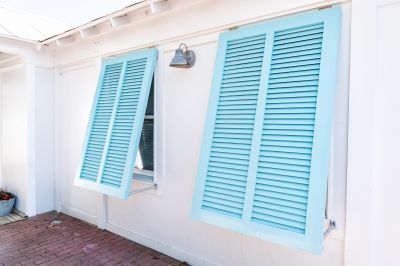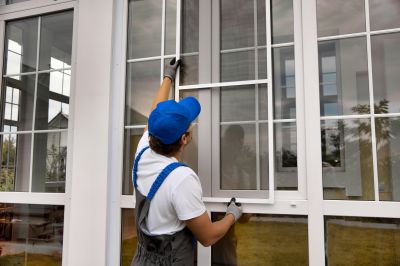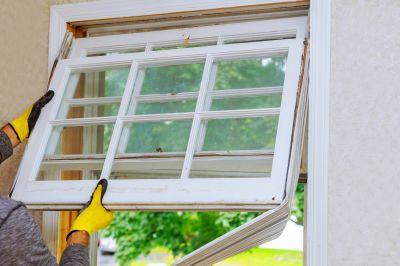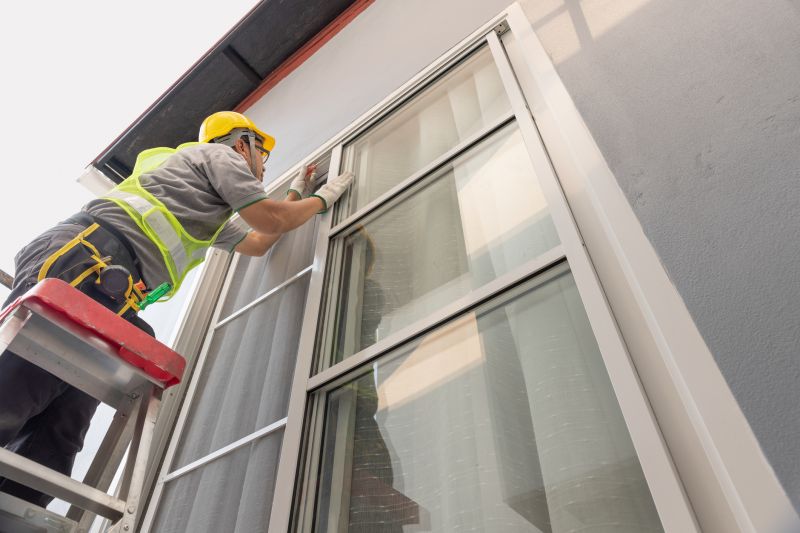Optimal Timing for Storm Restorations
Understanding the optimal time for storm restorations is essential for ensuring property resilience and safety. The right timing can minimize damage and expedite recovery efforts after severe weather events.
Conducting inspections immediately after a storm helps identify damage early, preventing further deterioration.
Restorations are often most effective during periods of calm weather, typically in late spring or early fall.
Pre-storm preparations, including securing structures, can reduce damage and facilitate quicker restoration afterward.
Scheduling restorations outside of peak storm seasons minimizes delays caused by weather-related disruptions.

Ways to make Storm Restorations work in tight or awkward layouts.

Popular materials for Storm Restorations and why they hold up over time.

Simple add-ons that improve Storm Restorations without blowing the budget.

High-end options that actually feel worth it for Storm Restorations.

Finishes and colors that play nicely with Storm Restorations.

Little measurements that prevent headaches on Storm Restorations day.
| Season | Optimal Restoration Timing |
|---|---|
| Spring | Ideal for repairs before storm season begins. |
| Summer | Suitable for ongoing repairs during calm weather. |
| Fall | Prepares properties for upcoming storms. |
| Winter | Limited window; best for minor repairs or planning. |
| Post-Storm | Critical for damage assessment and repairs immediately after storms. |
Storm restorations involve repairing and restoring properties affected by severe weather, including wind, hail, and heavy rain. Proper timing ensures that damage is addressed promptly, reducing long-term costs and structural risks. Statistics indicate that early intervention can decrease repair costs by up to 30% and significantly improve safety outcomes.
Severe weather events are increasing in frequency and intensity, making timely storm restorations more important than ever. Planning restoration efforts during favorable weather periods can lead to more effective repairs and reduce the risk of secondary damages such as mold or structural failure.

A 60-second routine that keeps Storm Restorations looking new.

A frequent mistake in Storm Restorations and how to dodge it.

Small tweaks to make Storm Restorations safer and easier to use.

Lower-waste or water-saving choices for Storm Restorations.
Interested property owners are encouraged to contact for more information on storm restoration services and scheduling. Proper planning and timely action can help mitigate storm-related damages and ensure property resilience.
